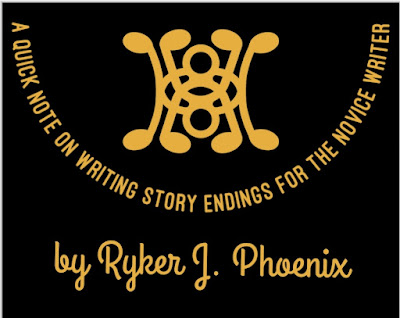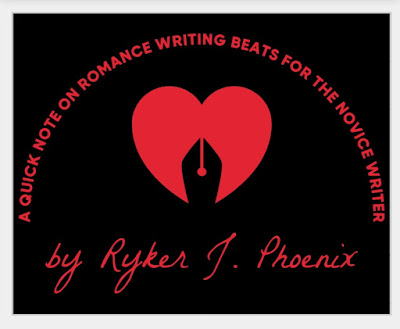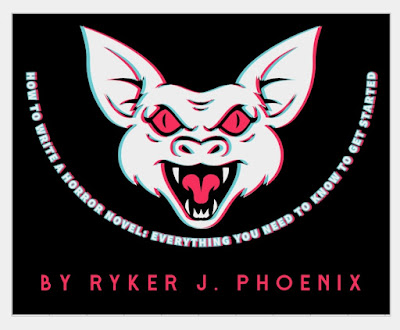A Quick Note on Dialogue in Fiction Writing for the Novice Writer
by Ryker J. Phoenix
Dialogue is one of the most essential elements of fiction writing. It holds the power to bring characters to life and helps readers feel connected to the narrative. It is through dialogue that the characters can express their thoughts, emotions and reactions to the situations they face in the story. This article will discuss the significance of dialogue in fiction writing and how it helps in the creation of a compelling story.
One of the primary functions of dialogue in fiction writing is to reveal the character's personalities, their relationships, and their motivations. The way a character speaks can tell a reader a great deal about them. For instance, if a character is prone to using slang or speaking in a vulgar manner, it can reveal their social status or background, their level of education or experience. Dialogue can also demonstrate a character's personality traits such as wit, humour, impatience, anxiety, etc. For instance, a character who makes humorous quips without thinking may be seen as irreverent, while another who pauses and reflects before speaking may be seen as introspective.
Furthermore, dialogue is critical in fiction writing because it brings a sense of realism to the story and helps readers feel connected to the characters. Dialogue can transport the reader into the story world and make them feel like they are part of the conversation. It can enhance the emotional impact of a scene by adding depth and resonance to the characters' emotions. Dialogue can allow readers to relate to characters, which is essential for creating compelling stories.
Dialogue in fiction is also essential for advancing the plot of a story. Characters speak for a reason, and it is through dialogue that actions take place. Dialogue can lead to revelations, conflicts, confrontations, and decisions, all of which move the story forward. Without dialogue, the story could feel stagnant, and the characters would never move beyond the opening scenes.
Finally, dialogue brings pacing and tension to a story. Good dialogue is snappy, terse, and full of tension. It keeps readers on the edge of their seats, wondering what will happen next. Dialogue can build suspense, evolve subplots within the main plot, and add richness to the story. It offers readers a break from long paragraphs of description and action and provides fresh voices, which invigorate a story’s plot.
In conclusion, dialogue is an essential aspect of creating good fiction writing. It reveals characters, advances the plot, and brings a sense of realism to the story. Dialogue is also a powerful way to engage readers, enhance emotional impact, and create tension. Writing good dialogue is a skill that writers can use to bring their characters to life and keep readers connected and engaged with the story.








.jpg)

